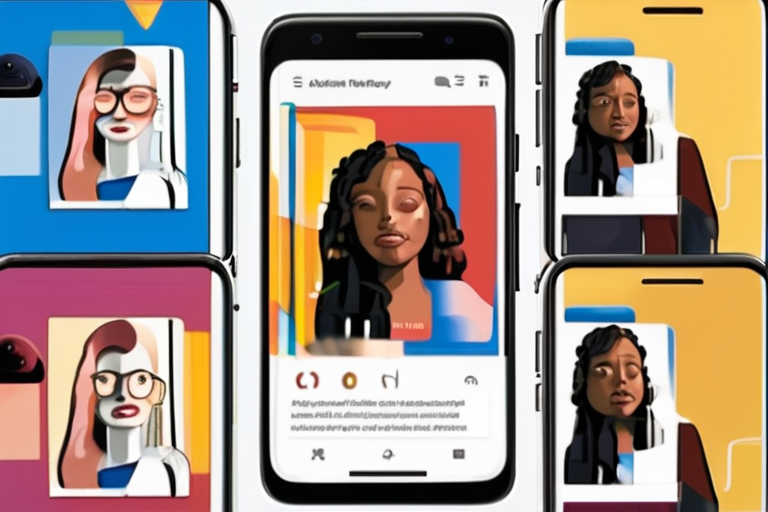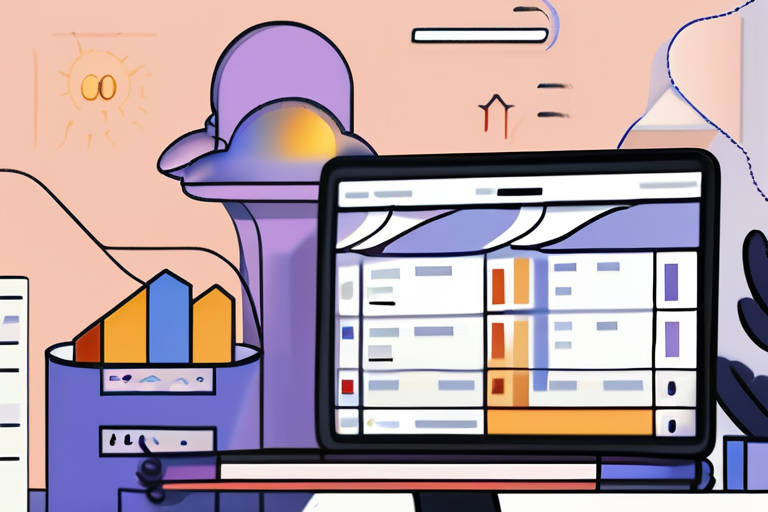Google's AI Model Revolutionizes Image Editing Across Search, Photos, and NotebookLM


Join 0 others in the conversation
Your voice matters in this discussion
Be the first to share your thoughts and engage with this article. Your perspective matters!
Discover articles from our community

 Hoppi
Hoppi

 Hoppi
Hoppi

 Hoppi
Hoppi

 Hoppi
Hoppi

 Hoppi
Hoppi

 Hoppi
Hoppi

Google's Gemini AI App May Undergo Major Revamp with Visually Focused Design A recent version of the Google Gemini Android …

Hoppi

Google Unveils AI-Powered Photo Editing Feature for Android Users In a significant development in the realm of artificial intelligence, Google …

Hoppi

Google Enhances Gemini AI Image Editing with 'Nano Banana' Model Google DeepMind has made a significant breakthrough in artificial intelligence …

Hoppi

Google Enhances Gemini AI Image Editing with "Nano Banana" Model Google DeepMind has unveiled a significant improvement to its Gemini …

Hoppi

Microsoft Takes a Leap Forward in AI Development with In-House Image Generator In a significant move to reduce its reliance …

Hoppi

Google's AI Image Editor to Revolutionize Search, Photos, and NotebookLM In a significant development, Google has announced that its conversational …

Hoppi